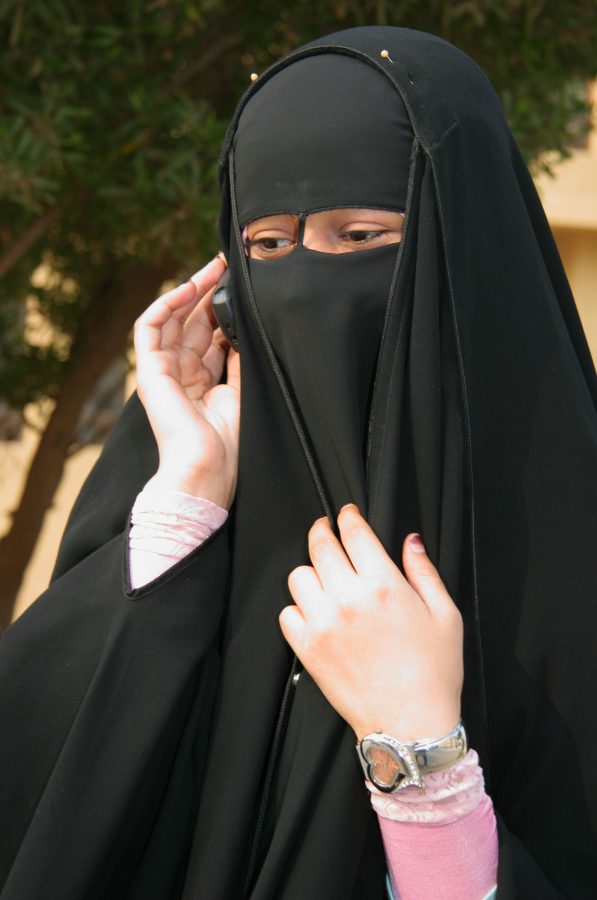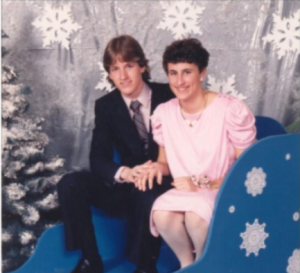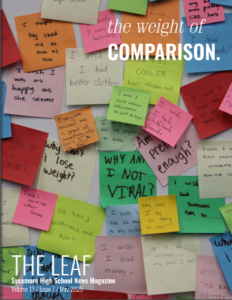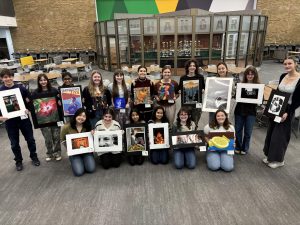Burqa ban sparks debate
Global issue of Islamophobia
A young Muslim woman wears a niqab. These headcoverings have come into question with the discussion of Islamophobia, and Austria’s ban on full-face veils has sparked debate. Islamophobia is a prevalent issue around the world, especially with Trump’s new travel regulations.
February 2, 2017
With Trump’s new travel ban and the shooting in a Quebec mosque in recent days, “Islamophobia” has become a buzzword around the world.
Islamophobia is defined as “dislike of or prejudice against Islam or Muslims, especially as a political force,” according to Oxford Dictionary.
Across Europe, a widespread fear of Islamic cultural and religious practices has arisen; the traditional Muslim headdress has even been banned in countries such as Austria.
“We are committed to an open society, which also presupposes open communication. A full-face veil in public places stands in its way and will therefore be banned,” Austria’s ruling coalition said, according to BBC.
Women who wear Muslim headdresses, including the niqab and the burqa, are not permitted to wear “full-face veils in public spaces such as courts and schools,” said BBC.
The niqab is a veil for the face that leaves the area around the eyes clear, while the burqa is a one-piece veil that covers the face and body, often leaving just a mesh screen to see through.
This ban has become controversial and has contributed to the argument concerning Islamophobia.
“Islamophobia is not over exaggerated and most immigrants are not terrorists. They are innocent people who have had their homes destroyed and deserve to have a new home.
“Islamophobia and discrimination against Muslims will only alienate desperate and exploitable people and buoy the extremists,” said Kiri Wang, 11.







